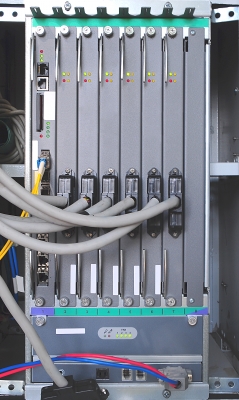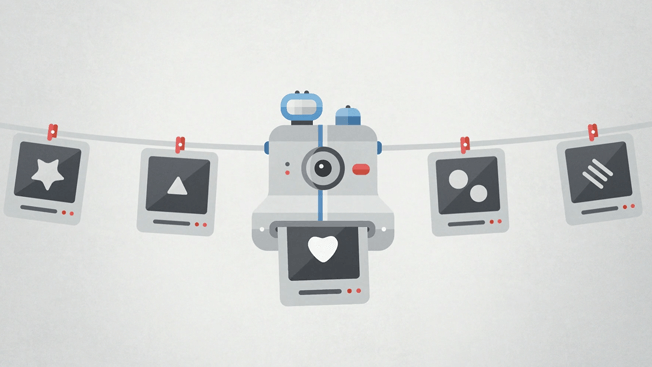For businesses of all sizes, the public cloud offers a way to access additional services at a low price point and to scale services inexpensively at the point of need. Compared with the traditional in-house server, the public cloud allows businesses to upgrade their resources in a cost-effective manner. However, there’s a perception that security issues plague the cloud. Learn what the cloud offers, what security issues exist and how you can protect your enterprise data.

Introduction to the Public Cloud
In the public cloud model, a cloud service provider makes applications, storage space and other services available to businesses over the Internet, for a fee. Businesses can select a plan that offers the right amount of storage space and services, and pay for more space as the business grows. Because you only pay for the resources you need at a given time, and you have the ability to change your plan at any time, there are no wasted resources.
Cloud benefits
Because you select the best resources for your business, this can be a cost-effective way to provide employees with applications that would be too expensive to license across the board. The cloud enhances collaboration by allowing employees working onsite or remotely ways to access, share and store materials. Cloud automated backups make data storage and recovery easy.
In comparison with public clouds, private clouds offer cloud technologies managed in-house. While this is fine for large businesses, private clouds can be an expensive headache for businesses with a small to nonexistent IT staff. If your organization has a private cloud, you’re responsible for managing and maintaining the server, applying upgrades and patches and operating the infrastructure.
Security Concerns in the Cloud
Not all public cloud vendors treat security in the same way. Some vendors may offer data encryption, while others may put the task of encrypting data on you. Some public cloud vendors may accommodate varying levels of access control for your employees, while others may only have rudimentary access control. Additionally, yours is not the only data stored on public clouds, so if another business get their data hacked, yours can be at risk.
There are some ways that the public cloud may be safer than storing data in house. Public clouds generally use an enterprise-level firewall to protect data from hackers; this can be stronger than your own firewall. Additionally, the physical data center where your public cloud resides may be more secure than your office. When data is in the cloud, it may also be safer from disgruntled employees and clients and from corporate thieves who may be after your trade secrets. Public clouds may also offer round the clock threat monitoring, whereas your IT guy goes home at 5 p.m. and no one watches your data overnight.
When selecting a public cloud provider, the onus is on you to determine what security protocols the cloud provider uses, how this compares to existing security procedures used in-house and how safe your data will be overall. Take the time to evaluate comparable plans and select one that meets your needs.

























Leave a Reply